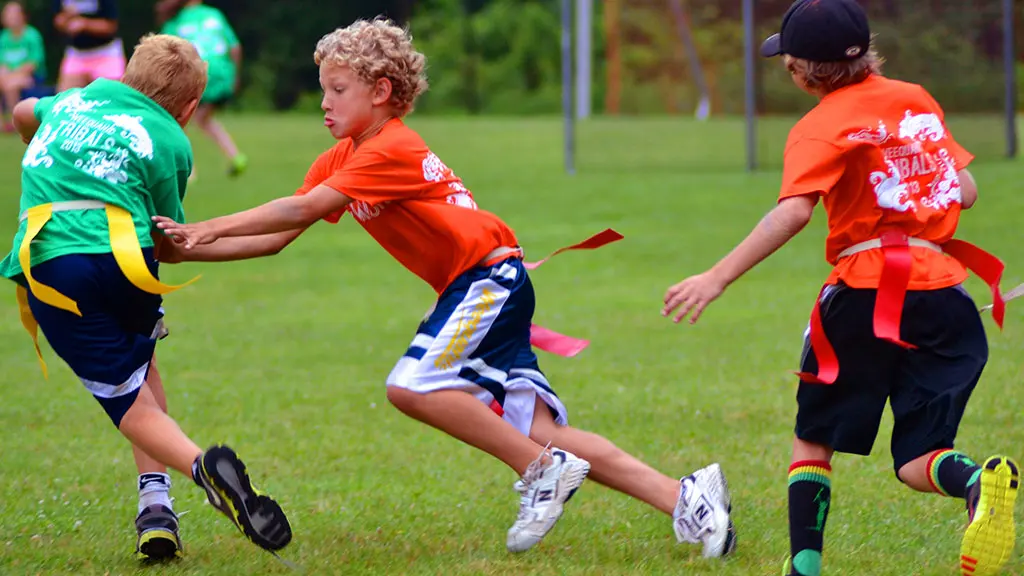I just received my 25th College Reunion notice today. Which made me think about what I was doing about this time 25 years ago. One thing that stands out: waiting to hear whether or not I had been accepted to the Masters of Sport Psychology program at school.
My parents, always supportive, told me I’d get in. My golf coach had written a great recommendation and thought I’d get in. I’d taken classes with the head of the program and worked as hard as possible to keep up. I thought I would get in… but I wasn’t sure.
And, if I hadn’t been accepted, I had no idea what my next steps would be.
Looking back on it, that lack of ‘what if’ planning was a big problem.
Learn to Fail or Fail to Learn
Failing to imagine how to handle failure is pretty common. In fact, during the two years it took me to earn that Masters in Sport Psychology (yes, I got in), I cannot remember ever once hearing we should help our athletes/kids/friends visualize failure. I was taught to help others imagine and plan their future success.
Say you wanted to complete a perfect tumbling pass in gymnastics. I’d ask you to see every move in your mind’s eye, imagine the pressure on your hands, the explosiveness in your legs, the feel of the floor, the sound of the music. Imagine, in every detail possible, the successful completion of the event. Even the high-five from your coach at the end.
This is all you need to succeed: hard work, visualizing the perfect outcome, and trusting the process of improvement. Right?
Wrong. It’s vital that we spend some time visualizing failure… and how we’ll handle it.
How You’ll Handle It
Dr. Stefi Cohen, world champion powerlifter, author, and business owner, recently spoke with Tim Ferriss about failing to make some lifts that were ‘easy’ for her in a competition. As a background, Dr. Cohen was the first woman to deadlift 4.4 times her weight – 540lbs. Crazy!
When she didn’t hit that ‘easy’ first weight, she lost it. Couldn’t continue. She was totally wrecked, both mentally and emotionally. This had been on ongoing issue for her.
A few days later, she decided she needed help with her approach. Working with a sports psychologist, Dr. Cohen started to visualize failing and how she planned on handling it.
After several months of work (and lifting), she got back into competing. And promptly failed her first lift. And her second. Then she ADDED weight and won the competition on the final lift.
How was she able to make such a turnaround? She had decided how she would handle failure – with thoughtfulness, humor, and resolve. And, she had imagined the experience in great detail over and over and over.
Failing at Camp
Believe it or not, we spend time during the off-season imagining why some of our as-yet-untried new ideas for camp did not work. Andy Stanley talks about this as a future ‘post mortem.’
By taking this approach, we’ve made our ideas better. We’ve found challenges and potential issues and planned our way around them. We’ve even decided not to do a few things after putting in the work.
Campers, this is also why I’ve asked every one of you this question: ‘When things don’t go well at camp – because sometimes they won’t – how will you handle it?’
Plan for missing home. Get ready for a miscommunication with another camper or a counselor. Prepare for a meal you don’t love. The more you plan for the (very rare) challenges at camp, the better you’ll be at handling them and getting back into the fun.
Preparing for Summer ’21
The good news? We’ve got lots of ideas on how to help you through the challenges. In fact, next week’s Campfire Conversation with Rikki Goldenberg is focused directly on this topic for campers, parents and staff. She’ll help us all get ready for a great summer! And, of course, we are always here for a call or Zoom chat. Let us help!
Have a great week, Weequahic!

